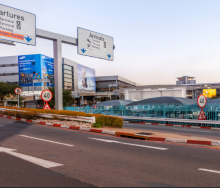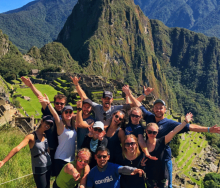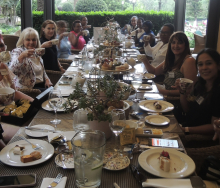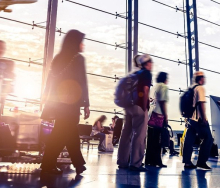We are living in unprecedented, confusing times, and decision-making can be frightening in the current environment. Agents attending the Asata 2020 summit got some great advice from Asata’s legal adviser and Novation Consulting director, Elizabeth de Stadler, and Novation Consulting change manager, Ann Jarvis Smith, as they discussed how businesses can make decisions in this environment, on day two of the Asata summit.
The first step is to literally just breathe, Ann said, as it calmed that ‘fight or flight’ response.
The second step is to ask questions that focus on what can be done right now. For example: ‘What are we going to do when travel reopens?’, rather than ‘when will travel reopen?’. She suggested considering what is most important right now, what is missing, how things might unfold from here, and what could be influenced now, that might pay off later. “Take back control of your business,” she said.
The third step is to involve more people when getting input. “As humans, we tend to get viewpoints we agree with,” she said. “It would be more helpful now to expand the horizon of people who give you a viewpoint for new perspectives.” She added that it might be helpful to look at what other industries were doing too.
The next step is to identify small critical choices that will make a big difference later. “When you’ve asked the question, and posed it to different people for different viewpoints, you can often identify small choices that you can make now,” she said.
Finally, it is important that businesses keep an eye on the ball. Elizabeth said: “What is the ball? At the moment it is keeping your business open, and paying your employees… not how to make an uncertain situation certain.
“COVID-19 has made us stretch our brains in directions that we didn’t think were possible before.” She added that COVID-19 was probably not the last major disruptive event that would be seen.
“What we can learn from this is that we need to start thinking about all the things that we have been pushing out of our minds. Something like climate change and how that might impact travel, and destinations that might not exist any more. How do we embrace this new-found imagination that we had to tap into, so that we can apply it to pandemics to come?” said Elizabeth.















